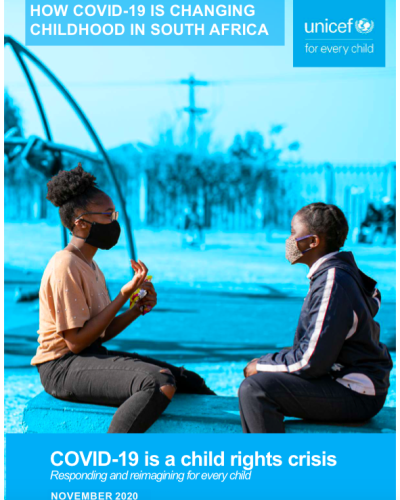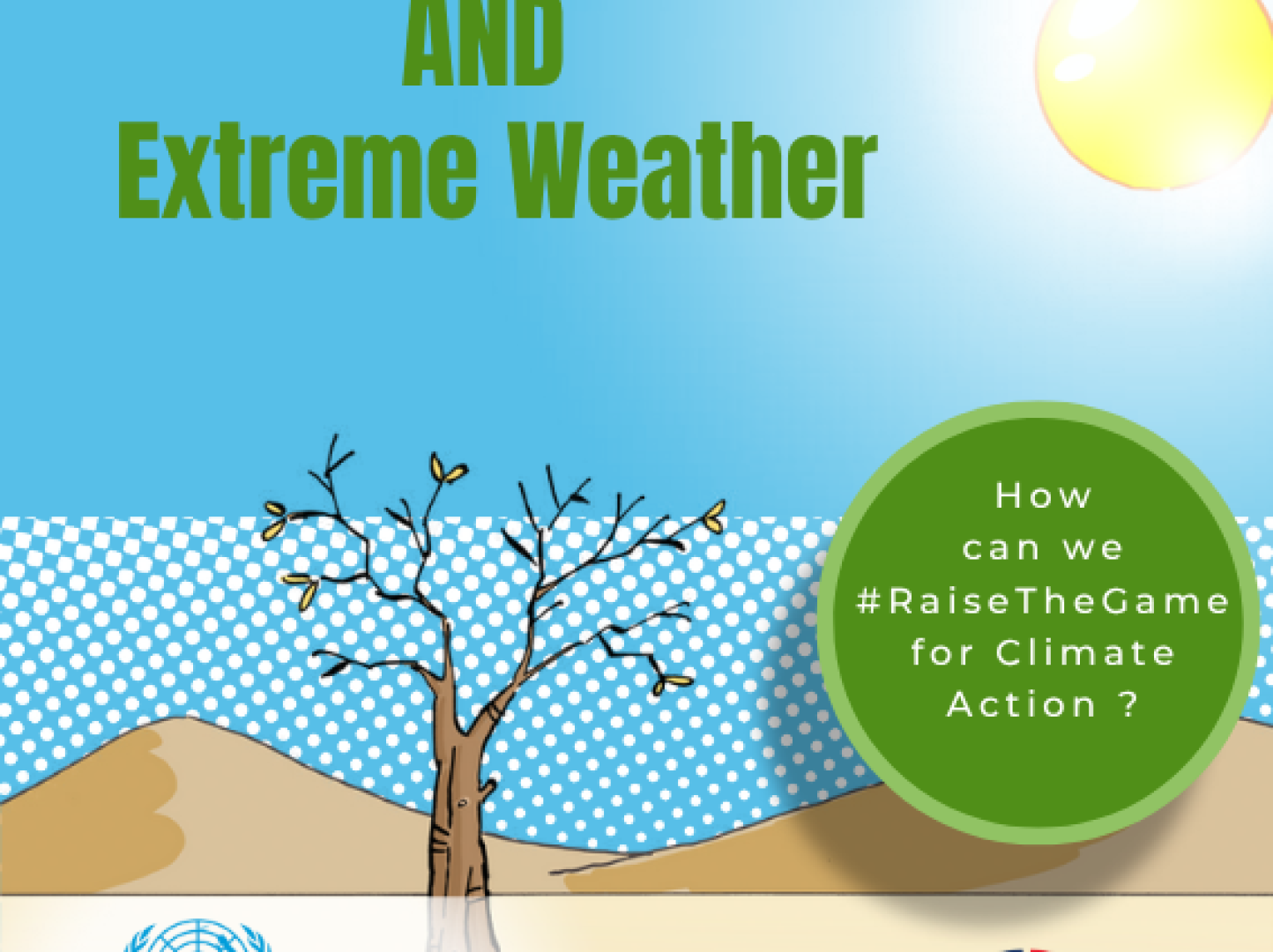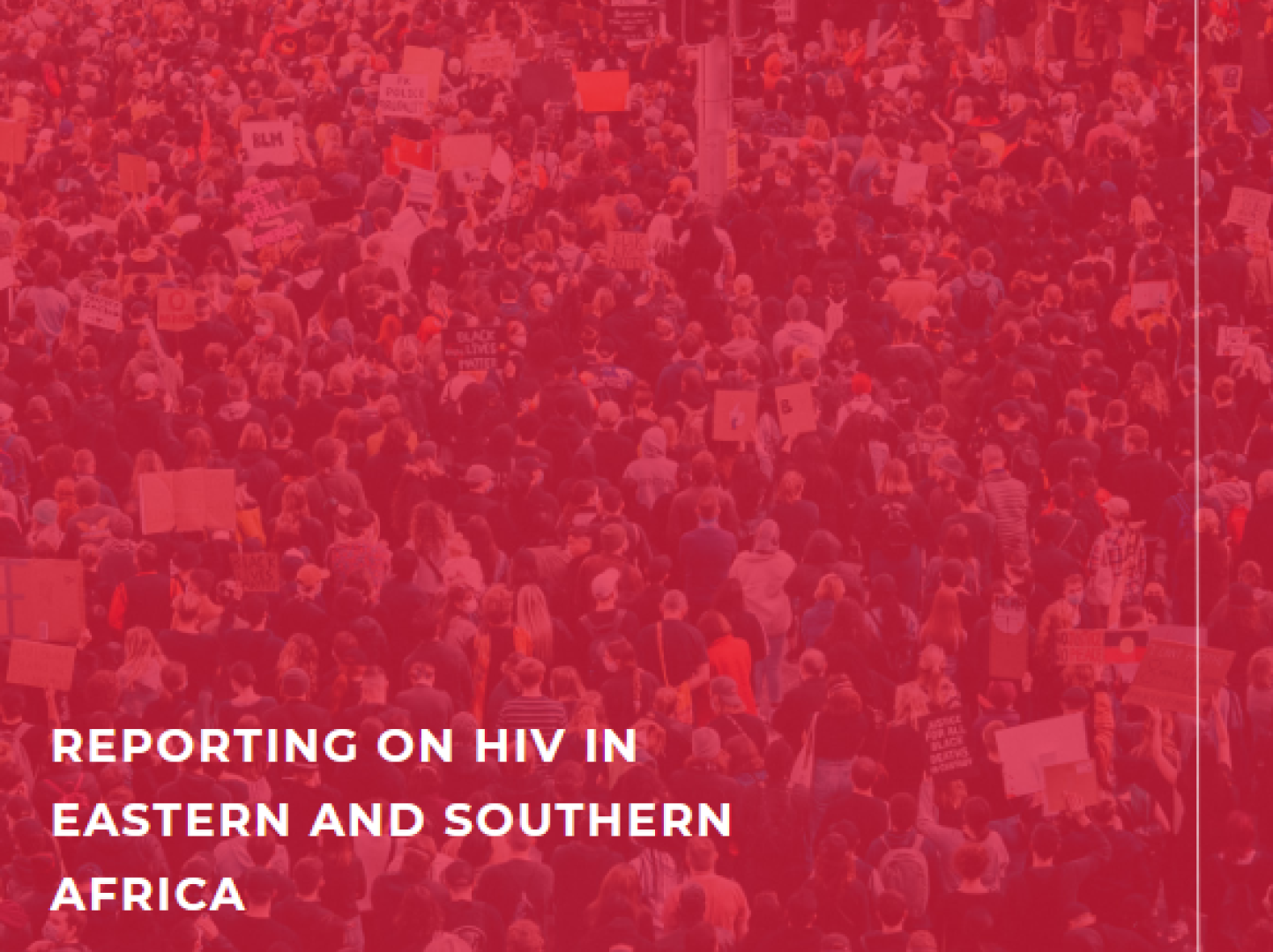How COVID-19 is changing childhood in South Africa

On World Children’s Day, a new report by UNICEF South Africa shows how COVID-19 has presented multiple challenges for children in the country as their safety, nutrition and health have been compromised, while their education has been disrupted. The report, titled “How COVID is changing the face of childhood in South Africa,” details the work that UNICEF has been doing to mitigate the effects of the pandemic and notes that the longer the crisis persists, the deeper its impact on children’s education, health, nutrition and well-being.
Through risk communication and community engagement work, UNICEF has a national presence spreading COVID-19 prevention measures, supporting the safe return to school and promoting safe access to critical child health services. This mass media, community outreach and digital engagement work reaches some 21 million people across the country.
COVID-19 hits South Africa
On the evening of 26 March 2020, South Africa locked down in response to the COVID-19 outbreak in the country.
Having witnessed the speed at which the virus was spreading and devastating countries across the globe, South Africa’s strict lockdown formed a pre-emptive measure to slow the spread of the virus and prepare the country’s health facilities ahead of an anticipated surge in infections.
The public health impact of the virus has been severe, with more than 757,000 reported infections and 20,500 COVID-19 related deaths recorded by 19 November 2020,1 with children making up 8% of COVID-19 confirmed cases.2 Of this number, adolescents are affected at higher rates and available evidence3 indicates that adolescent girls are impacted worse than boys.
While children can get sick and spread the disease, this is just the tip of the iceberg. The relaxing of lockdown restrictions from 01 June and gradual reopening of economic activity further revealed the pandemic’s broad ranging impact on childhood and youth.
Children’s safety, nutrition and health have been compromised, while their education has been disrupted. A reported 2.2 million jobs were lost between April and June in South Africa4 – lost livelihoods that have a direct impact on children.
In South Africa – a country already defined by the triple challenge of inequality, poverty and unemployment and facing a crisis of gender-based violence (GBV) and violence against children (VAC) – COVID-19 and its fallout has only amplified the severity of these issues.
Achieving South Africa’s National Development Plan and the Sustainable Development Goals by 2030 has been made that much harder and requires a concerted effort to get back on track.
“The lives and futures of children across South Africa are being threatened by the COVID-19 crisis,” said UNICEF South Africa Representative, Christine Muhigana. “Working alongside the South African Government and partners, our collective response must also tackle some of the deep-rooted issues in the country, only then can we reimagine and realise a better future, for every child.”










